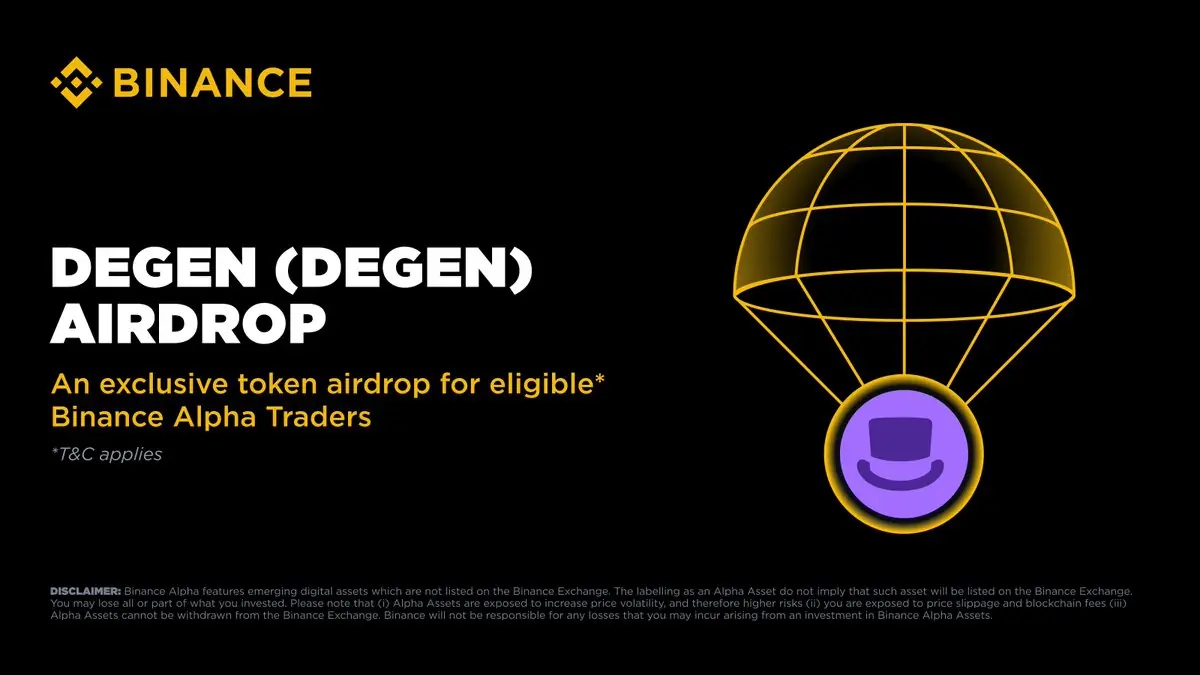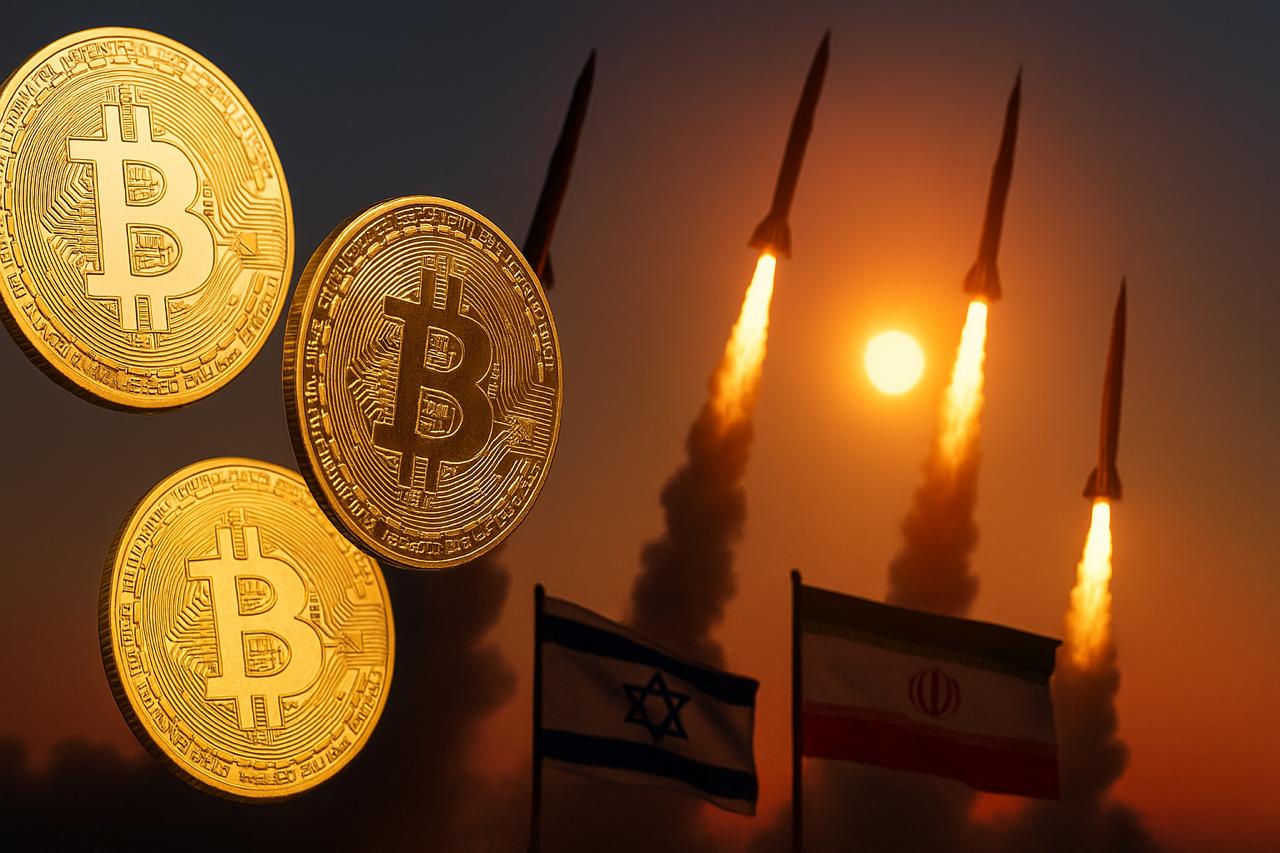
Defense lawyers for Tornado Cash developer Roman Storm are accusing federal prosecutors of concealing important evidence that could damage the government’s case as the high-profile legal dispute moves toward a decisive stage.
Allegations of Withheld Evidence in Tornado Cash Case
Roman Storm, co-founder of the cryptocurrency mixing service Tornado Cash (TORN), has accused U.S. federal prosecutors of withholding exculpatory evidence that could significantly impact his ongoing criminal case.
Tornado Cash is a non-custodial swapping solution built on Ethereum. It seeks to improve transaction privacy by obfuscating the on-chain links between the recipient and destination addresses. It utilizes Zero Knowledge Proof technology. Tornado Cash has been sanctioned by the U.S. government, who allege that it has been used by the North Korean hacking group Lazarus and terrorist organizations.
It is alleged that Tornado Cash Roman Storm operated a money laundering business and violated the Emergency Economic Powers Act (EEPA).
In a letter dated May 16, 2025, Storm’s attorneys informed Judge Katherine Polk Failla that prosecutors failed to disclose 2023 communications with the Financial Crimes Enforcement Network (FinCEN). These documents reportedly indicate that non-custodial crypto mixers like Tornado Cash do not qualify as “money transmitting businesses” under federal law.
The evidence has emerged from another case in the Southern District of New York (SDNY). Keonne Rodrigues and William Loneran Hill, the co-founders of another crypto mixing service, Samourai Wallet, are also accused of knowingly creating a tool that allows criminals to launder proceeds.
In the Samourai Wallet case, prosecutors have admitted to having a conversation with two FinCen officials in 2023. This was before any charges were levied against the founders of Tornado Cash or Samourai Wallet. During this conversation, the two FinCen employees said they didn’t believe the Samourai Wallet mixing service would qualify as a money transmitting business under their guidelines and didn’t need a license to operate. Lawyers for the Samourai Wallet co-founders said that by not immediately disclosing its pre-indictment consultation with FinCEN, the prosecutors have already prejudiced the case. They say, like Stom’s lawyers do, that prosecutors failed to meet their Brady obligations — A constitutional requirement for prosecutors to turn over any potentially helpful evidence to the defense pre-trial.
Last week, the judge overseeing the Samourai Wallet case denied a motion for a hearing on the FinCen meeting with prosecutors and instead told the defence to include their concerns in their pre-trial motion at the end of the month.
Prosecutors’ Response
In a Wednesday letter to the court, prosecutors pushed back against the assertions that they failed to meet their Brady requirements. They say Tornado Cash was not a part of the 2023 conversations and that “while Samourai Wallet and the Tornado Cash service may share some superficial similarities, they operated quite differently.”
Broader Implications for Open-Source Development
This case is pivotal in the ongoing debate over the legal responsibilities of open-source developers and the regulation of privacy-focused cryptocurrency tools. The outcome could set a significant precedent, potentially affecting how developers are held accountable for the misuse of their software by third parties.
Upcoming Trial and Potential Outcomes
Federal prosecutors continue to pursue the case against Storm. His trial is scheduled to commence in July 2025
On November 26th, 2024, a Fifth Circuit Appeals Court’s three-judge panel said the US Office of Foreign Asset Control (OFAC) exceeded its authority when sanctioning Tornado Cash’s immutable smart contracts. This reversed a lower court’s decision. The appeals court said that while some Federal agencies have the power to take action against property, Tornado Cash’s immutable smart contracts were not property under the International Emergency Economic Powers Act (IEEPA) as they cannot be controlled and owned. While this decision did not involve Roman Storm directly, it challenged the legality of the sanctions that partially form the basis for his prosecution.


 3 weeks ago
12
3 weeks ago
12 










 Bengali (Bangladesh) ·
Bengali (Bangladesh) ·  English (United States) ·
English (United States) ·